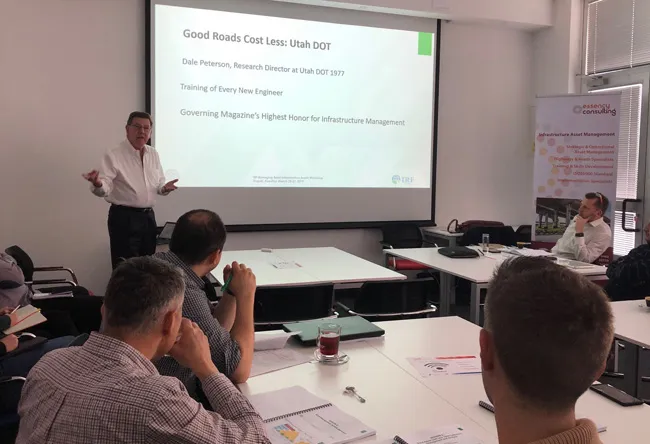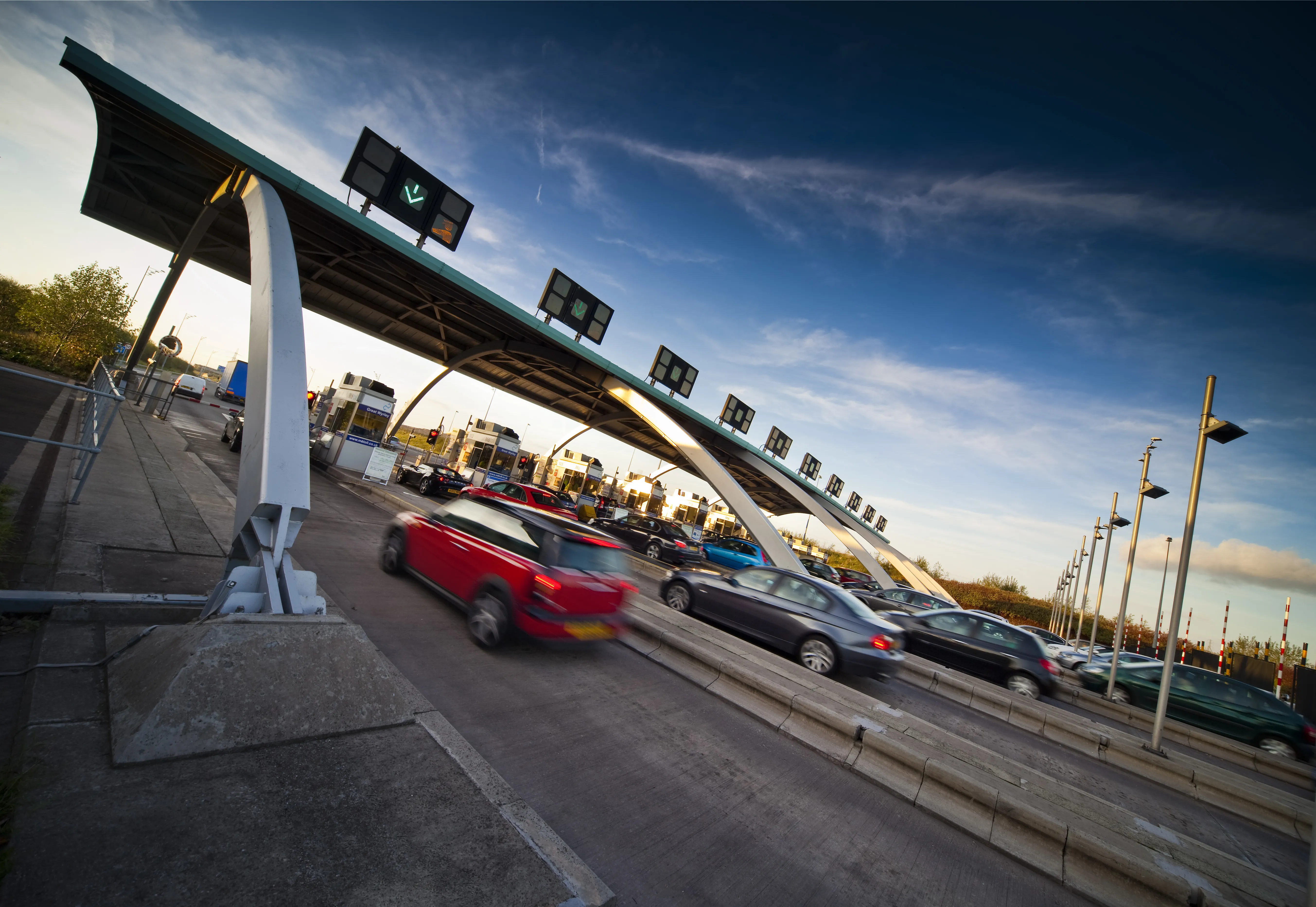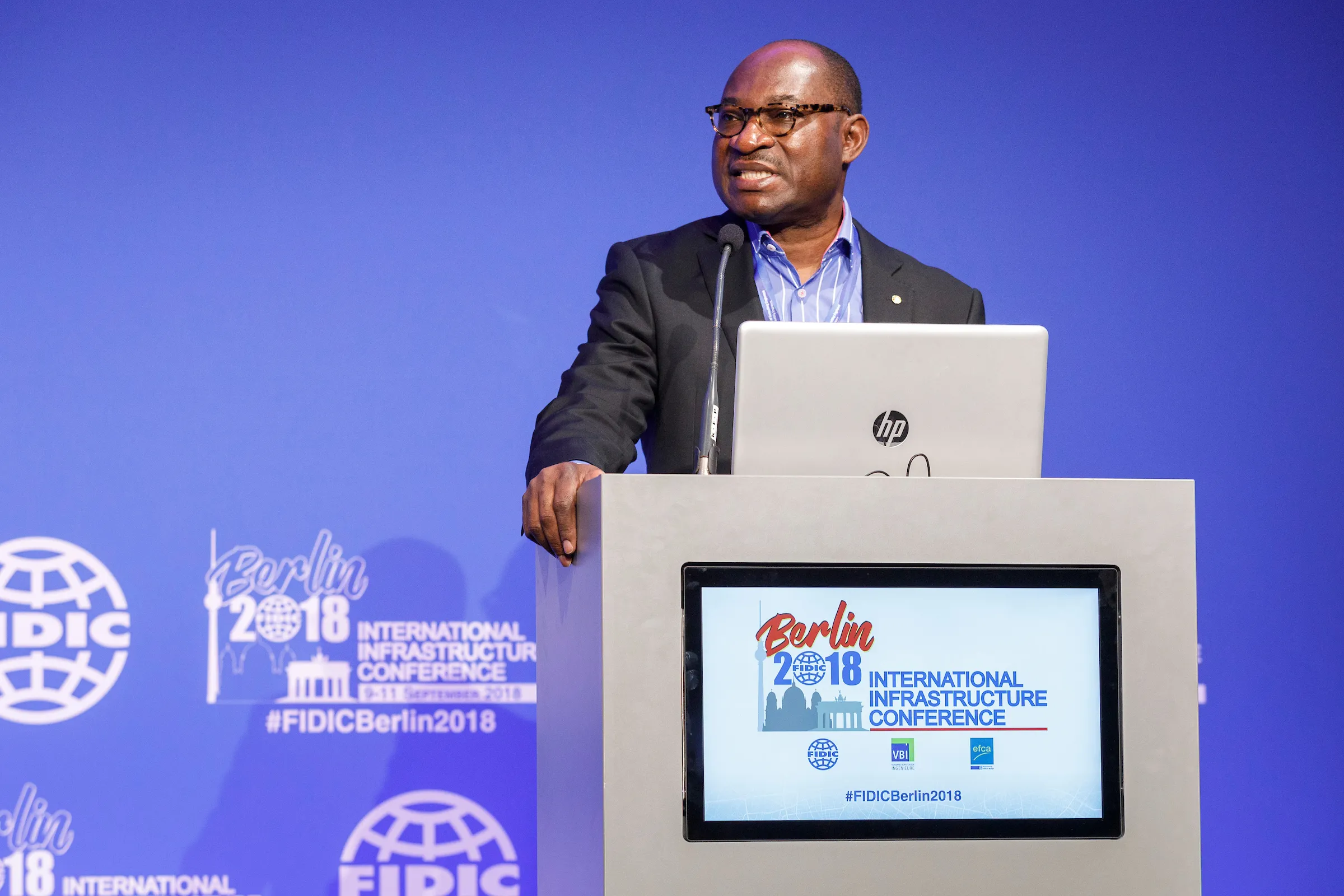There remains a very large gap between the world’s infrastructure needs to meet population and economic growth, and the public sector’s ability to procure commensurate funding. In the road sector, major consulting house McKinsey estimates investments need to be US$900 billion/year to keep pace with projected growth while current levels of investments fall short of this figure by $180 billion globally. Private finance is increasingly perceived as one of the main levers to narrow this gap and meet the world’s funding needs.
The bad news is that PPPs, while seemingly a perfect fit for the road sector, have not been able to take hold around the world for many reasons, most of which are due to lack of preparation and unrealistic expectations on the government side. Establishing a pipeline of viable PPP projects and preparing these individually for bidding takes time and requires for the portfolio of projects to be large enough to attract private investment. PPPs are very expensive endeavours to bid on and the investors need to know that there will be multiple viable opportunities over time.
Failed and poorly prepared projects can have a negative and lasting impact that discourages investment in PPP for years, and thus it is necessary especially in the beginning of the PPP journey to pick the best projects first and to spend the time preparing them accordingly. Successful projects will help build investor confidence and create more investment.
The good news is that there are significant pools of private money available that can be invested in infrastructure. For example, in 2013 CityUK estimated that pension funds, insurance companies, and mutual funds respectively held $33.9, 26.5 and 26.1 trillion in assets under management, yet direct investment in infrastructure globally represents less than 1% of pension fund assets. This fact alone reflects poorly on governments’ ability to take advantage of a major source of potential funding in an area that most governments struggle with. In an ideal world, private investment in roads and Public Private Partnerships (PPPs) should be a perfect match. For example, a well-structured and viable road PPP project should give investors a steady, safe return over a long period of time which is exactly the type of investment these funds need.
Another bright spot, is the new MDB-led PPP certification program (APMG CP3P Certification), which if successful and adopted globally could significantly raise and harmonise the level of PPP knowledge globally and lead to more successful PPP projects. With proper project preparation and education, governments can leverage PPPs to meet their infrastructure needs and spur new waves of economic growth to help us meet the UN Sustainable Development Goals.
There is still a long way to go to leverage private investment in roads and other modes of transport. However, there is cause to be optimistic about the future as there are now many knowledge resources available to governments and there are several countries who have done an excellent job of leveraging PPPs to build their infrastructure such as Canada, Chile, Korea and the UK. They should serve as excellent models for other countries to follow.
Public Private Partnerships for Roads Development
Key to Bridging the Road Investment Gap. There remains a very large gap between the world’s infrastructure needs to meet population and economic growth, and the public sector’s ability to procure commensurate funding. In the road sector, major consulting house McKinsey estimates investments need to be US$900 billion/year to keep pace with projected growth while current levels of investments fall short of this figure by $180 billion globally. Private finance is increasingly perceived as one of the main lever
May 29, 2018
Read time: 3 mins
Key to Bridging the Road Investment Gap









